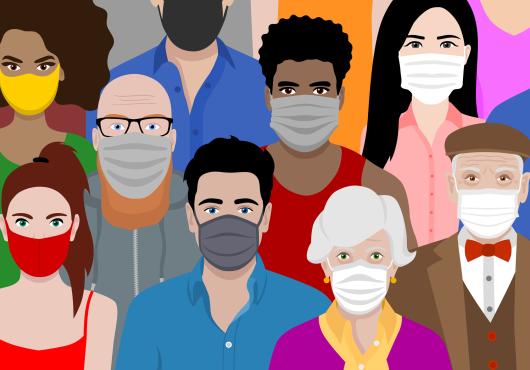Live Virtual

In this course, a multidisciplinary group of experts will present on optimizing the role of trauma-informed care in mainstream clinical practice. The number of traumatized patients in a primary health care setting is estimated at 23% of all patient visits. This includes early life experiences related to childhood abuse, gender-based violence, and the tragedies experienced in everyday life. Most health care practitioners have also encountered individuals coming from war zones, armed conflict, and other disasters who have experienced torture, rape, and other highly traumatizing life events in addition to displacement and forced migration.
The majority of health practitioners are well aware of the traumatic life experiences of their patients and their families. However, few have been trained in eliciting the patient’s trauma story, identifying, and treating trauma-related illnesses, and the counseling of traumatized persons and family members. Plus, health practitioners have the burden of time constraints and the challenges of multitasking for a heavy caseload. In addition, highly traumatized patients can cause considerable empathic distress in the health care worker.
The Harvard Program in Refugee Trauma (HPRT) has four (4) decades of pioneering the care of highly traumatized patients in the USA and abroad. HPRT has worked closely with the creators of the Trauma-Informed Care Movement at Substance Abuse and Mental Health Services Administration (SAMSHA) and has participated in the integration of trauma informed care into primary health care for all patients.
This course includes not only a comprehensive introduction to the trauma informed care model, but also culturally valid and evidence-based instruments to aid in the diagnosis and treatment of culturally diverse patients. Counseling, the Trauma Story, coping with the challenges of nursing, preparing to engage the refugee/immigrant patient, and self-care will also be addressed.
Please contact the Continuing Education Programs with any questions by email at learn@hms.harvard.edu.





